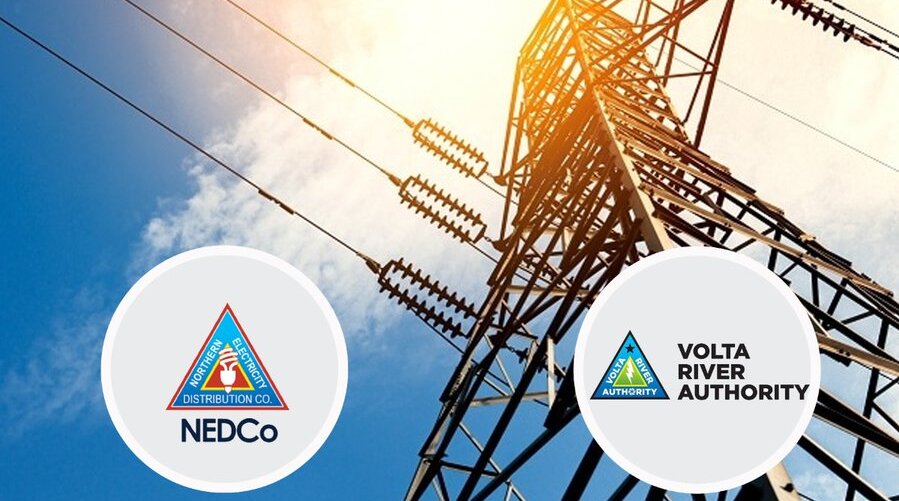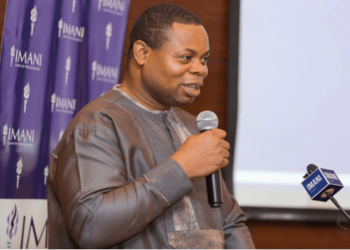Ghana’s power sector is set for a heated debate after the country’s major utility companies – GRIDCo and the Volta River Authority (VRA) – submitted proposals to the Public Utilities Regulatory Commission (PURC) seeking steep tariff hikes beginning in 2025.
The applications, if approved, could dramatically increase electricity bills for households and businesses, raising questions about affordability, sustainability, and cost recovery in the energy sector.
The Ghana Grid Company (GRIDCo), which manages the country’s power transmission network, is pushing for a more than two-fold increase in its transmission service tariff.
The company has applied to raise its charge from the current 5.6422 pesewas per kilowatt-hour to 12.9768 pesewas per kilowatt-hour in 2025—an adjustment representing a 130 percent increase compared to the first quarter of 2025.

Explaining the proposal, Samuel Kow Acquah, Acting Director of Corporate Strategy at GRIDCo, argued that the request is essential for the company’s survival and investment needs.
“We’ve looked at a lot of cost rationalization measures so that we don’t pass on some costs to the consumers.
“If you look at the first year, we require that much leap in our tariff to GHS12.96 per kilowatt hour.”
Samuel Kow Acquah, Acting Director of Corporate Strategy at GRIDCo
He added that after the sharp initial adjustment, GRIDCo’s proposed increments would be modest, averaging 0.5 percent annually through 2030.
“So it is very critical that we have what we are asking for so that all these investments that we enumerated, we can serialise their deployment within the years we have stipulated.”
Samuel Kow Acquah, Acting Director of Corporate Strategy at GRIDCo
VRA Pushes for 59 Percent Increase

At the generation level, the Volta River Authority is also seeking significant relief. VRA has applied for approval to raise its Bulk Generation Charge (BGC) from 45.0892 pesewas per kilowatt-hour to 71.8862 pesewas per kilowatt-hour, a 59 percent increase.
According to the Authority, the current tariff fails to reflect the full cost of generation, undermining its ability to provide reliable power and service its financial obligations.
Principal Economic Analyst at VRA, Evans Somuah Mensah, noted that the request also accounts for compensation for essential ancillary services.
“Over the years, VRA has not been compensated for doing this work to assist the national connectivity system.
“We are saying that on an annual basis, VRA should be given compensation $30.49 million for Akosombo power generation, and Kpong Hydro Dam, a little bit of $30,000.”
Evans Somuah Mensah, Principal Economic Analyst at VRA
He stressed that the justification for the increase lies in recovering the costs of power supply to distribution companies and ensuring that VRA can continue to sustain operations.
“We are requesting the PURC to increase the existing tariff of BGC from 45.0892 Ghana pesewas per kilowatt-hour to 71.8862 Ghana pesewas per kilowatt-hour.”
Evans Somuah Mensah, Principal Economic Analyst at VRA
Rising Costs and Public Impact

If all requests are granted, electricity tariffs for consumers could rise substantially in 2025, compounding the financial burden on households and businesses already grappling with inflation and high living costs.
The applications have sparked early discussions over the delicate balance between cost recovery for utilities and affordability for consumers.
For GRIDCo and VRA, the message is consistent: without higher tariffs, the sustainability of Ghana’s power sector could be at risk. For consumers, however, the proposed hikes could test their ability to pay and increase reliance on alternative power sources.
As the PURC reviews the submissions, the outcome will set the tone for Ghana’s energy landscape in the years ahead.
Whether the Commission approves the proposed increases in full, adjusts them downward, or spreads them out over time, the decision is expected to be one of the most closely watched regulatory rulings of 2025.
Read Also: Banking Sector Shakeup: Five Ghanaian Banks Under Intense BoG Scrutiny Over Capital Failures



















